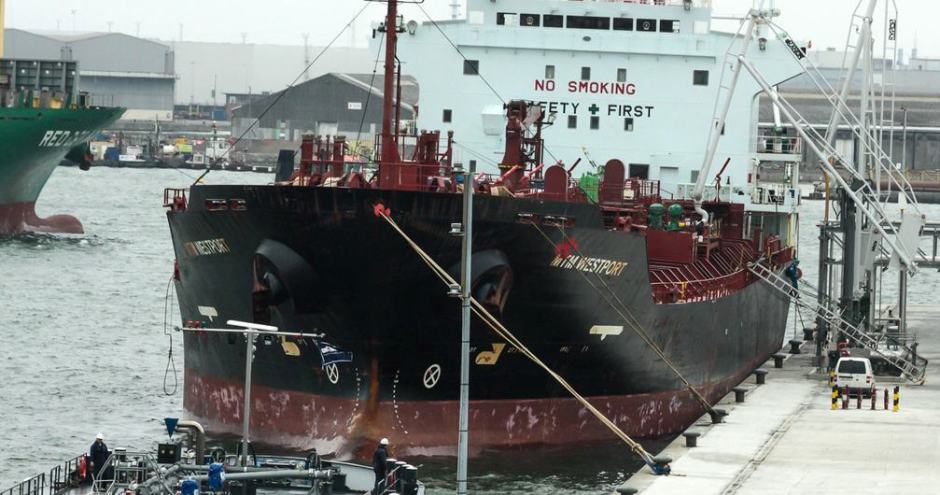Talks at the International Maritime Organization (IMO) aimed at adopting new global rules to curb greenhouse gas emissions from ships ended on Friday without agreement, as delegates decided to defer the decision for 12 months amid sharp divisions over the proposed Net-Zero Framework.
The IMO’s Marine Environment Protection Committee (MEPC) concluded its extraordinary session in London, agreeing to reconvene in a year’s time to continue negotiations on the landmark policy. The framework seeks to align the global shipping industry — which contributes nearly three per cent of worldwide greenhouse gas emissions — with the net-zero by 2050 climate goal.
Divisions Over Global Fuel Standards and Carbon Pricing
The proposed Net-Zero Framework, initially approved in principle in April 2025, would amend the MARPOL treaty to introduce a global fuel standard and a pricing mechanism for emissions from ships. If adopted, it would become the first legally binding international system designed to reduce maritime emissions.
However, the session exposed deep divisions among member states. Several major economies, including the United States, reportedly opposed the proposed pricing mechanism, arguing that it could act as a “carbon tax” and increase global shipping costs by more than 10 percent.
IMO Calls for Unity and Continued Dialogue
IMO Secretary-General Arsenio Dominguez urged delegates to use the coming year to rebuild trust and seek consensus on the framework.
“Even though you have differences of opinion, you all spoke in support of the work of this Organization,” he said. “There are no winners and losers in this session. Let us take this moment to learn from it and come back ready to negotiate and take the next steps needed to meet the goals you all agreed to in the 2023 GHG strategy.”
He added that the adjournment should not be seen as a victory, but as a call for collaboration.
UN: A Missed Opportunity for Climate Progress
At the UN Headquarters in New York, Spokesperson Stephane Dujarric said Secretary-General Antonio Guterres viewed the outcome as “a missed opportunity” for nations to put the shipping industry on a credible path toward decarbonization.
“Decarbonizing the maritime sector — responsible for about 80 percent of global trade — is critical,” Dujarric emphasized.
Next Steps: Technical Work Continues
Despite the adjournment, the IMO announced that a working group on emissions will meet next week to continue developing technical guidelines for the framework’s eventual implementation.
The IMO has previously stated that the net-zero framework will apply to large ocean-going vessels over 5,000 gross tonnage, which collectively account for 85 per cent of carbon dioxide emissions from the global marine fleet.
The draft agreement — expected to be formally adopted in October 2026 and come into force in 2027 — would build upon MARPOL Annex VI, the international convention that already regulates air pollution from ships and covers 97 per cent of the global merchant shipping fleet by tonnage.
Outlook: A Critical Year Ahead for Maritime Decarbonization
If adopted next year, the IMO’s Net-Zero Framework could reshape global maritime trade, introducing stricter fuel-efficiency standards, carbon accountability, and technological innovation across the shipping sector.
As the world’s maritime nations prepare for another round of negotiations, industry observers say the next 12 months will be decisive in determining whether global shipping can align with the Paris Agreement’s climate targets — or risk falling further behind.
Baburajan Kizhakedath

